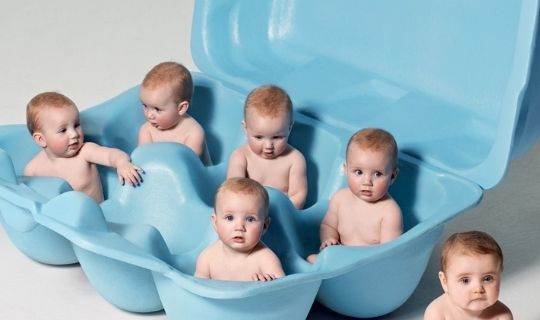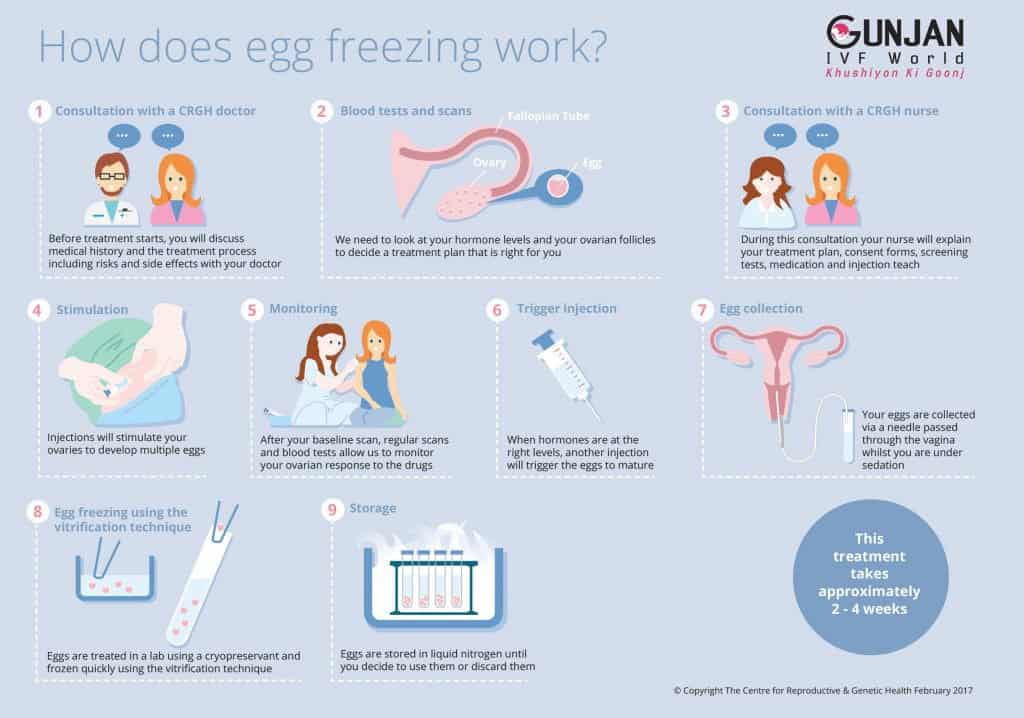While humanity may owe its existence to the biological indicators of our ancestors, the advent of modern medicine and advanced technology have allowed us to evolve beyond our biological demands, and even have nature work to our convenience.
Given that reproduction and the continued survival of our species has long been considered the primary task of any living being, the science of prolonging a biological necessity is nothing short of amazing.
With reproductive solutions such as in-vitro fertilisation having become a more common option for those having challenges bearing children, the idea of conception and reproduction has evolved. These advancements have also been able to afford people not just solutions but also an extended autonomy on when to start a family with options such as oocyte cryopreservation, or better known as egg freezing.
In Singapore, egg freezing is a strictly governed and regulated option for women.

Currently, only women suffering from health conditions or undergoing therapy for health conditions such as cancer and chemotherapy – which may affect their fertility adversely – are allowed to elect for egg freezing. However, with the evolution of society seeing women rapidly progress and choosing to have children at a later age, the option of egg freezing may have greater purposes than is now allowed.
Member of Parliament (MP) for Tampines Cheng Li Hui proposed the possibility of revising the regulation and offering greater support for women who wish to undergo social oocyte cryopreservation in Singapore. Raising the issue during the Budget 2021 Debate on Thursday (25th February), Cheng proposed that the revision of regulation be accompanied by “legislation and proper framework put in place” to allow women to freeze their eggs regardless of health conditions.
“Is there room for a rethink of this long-standing policy of not allowing healthy females to freeze their eggs? Why do we create this environment where healthy women have to bear the cost and risk of doing this procedure overseas?” asked MP Cheng.
Why would someone want to freeze their eggs?
Eggs can be affected by various health and environmental conditions, and can even face issues due to ageing. With most women having children at later ages, egg freezing would allow them to safely preserve their eggs at a point where the quality can be best assured.
While egg freezing is primarily an option for women who have health conditions which may lead to, either directly or by cause of treatment, infertility or compromise of quality of their eggs, there are also increasingly prevalent social benefits to the procedure. By having the option to freeze their eggs, women also have the possibility of furthering education and careers, or exploring personal endeavours without fear of the ticking biological clocks.
And so, the choice to freeze one’s eggs needs to be made early on. With the probability of eggs losing quality over the latter years in a woman’s lifespan, egg freezing offers the option of preservation of quality, however slim the success rate may be.
How it works – it’s invasive.

The process of harvesting the eggs is done by way of one of two invasive processes, with the lesser of the two seeing the doctor utilise ultrasound to guide a needle into the ovarian follicles to extract ripe eggs. This, however, doesn’t always yield results, and a more invasive procedure involves the doctor making a small incision in the abdomen before inserting a needle to extract the egg.
The egg is then injected with a special solution to prevent rapid freezing or the crystallisation of water in the egg, which may be damaging.
The egg will later be subject to in vitro fertilisation (IVF) in the woman when she is ready to try for pregnancy. A successful IVF procedure would see the fertilised egg develop into an embryo which will be implanted in the woman’s uterus.
Between the extraction and IVF process, however, success is not easy to come by, and the chance of achieving a live birth from a frozen egg is only between 2% to 12%. The chances of success are reliant on myriad circumstances and will still depend on factors like uterine health, age, and the woman’s health.
Giving women more autonomy.
While MP Cheng’s proposal still includes regulation of women’s reproductive rights, such as permitting thawing and implantation of frozen eggs only for married women, the easing of regulations on freezing eggs may be the first step towards true autonomy of women over their reproductive choices.
Join the conversations on THG’s Facebook and Instagram, and get the latest updates via Telegram.














